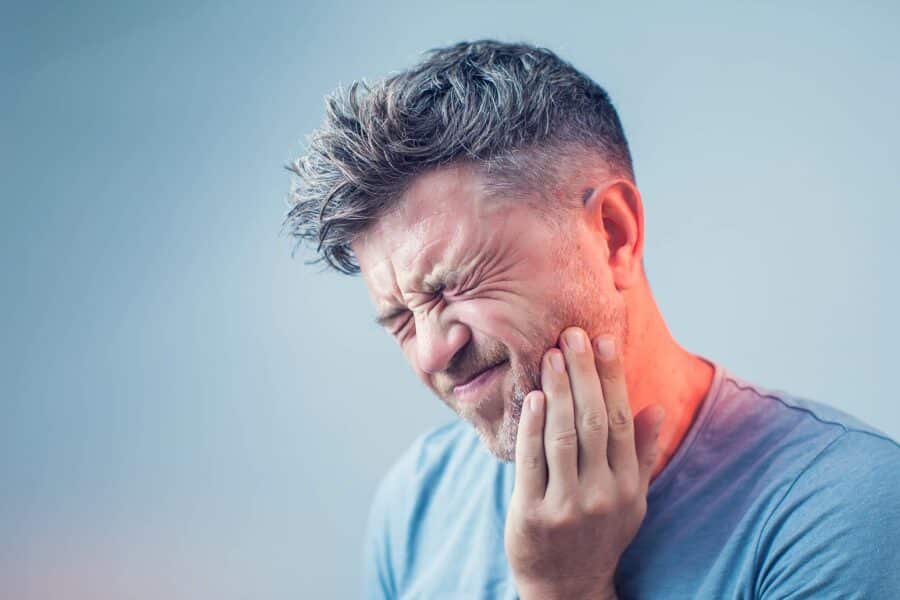You can rest assured that we’ll be here when a dental emergency arises. While most dental problems can be managed at our office during normal hours, from time to time you may experience a dental emergency and need to see a doctor after-hours. Some situations that may require a visit to the oral surgeon include severe dental pain, infections, or signs of an abscess (fever and facial pain), facial swelling, and injuries to your mouth/jaw.
Here are some questions you can answer to determine if you have a dental emergency:
- Are you in severe pain or bleeding? Bleeding accompanied by severe pain are signs of a dental emergency
- Have you lost a tooth or multiple teeth? When you receive quick treatment for lost teeth you can potentially save them.
- Do you have loose teeth? We’re not talking about how a child gets a loose tooth, adult teeth should not be loose, even without pain. Loosing adult teeth is typically a sign of a serious problem.
- Do you have an infection in your mouth? An abscess or infection in your mouth can be detrimental to your oral health and can lead to more complications. Treatment should not wait for swelling or knots on your gums, around your oral cavity, or in your face.
If you are experiencing a dental emergency during normal office hours, you can call us to be scheduled for the next available appointment. For dental emergencies occurring during off-hours, you can seek guidance from our on-call dentist. If you are experiencing a true medical emergency, you should visit the emergency room for immediate care.
Once you receive the initial emergency treatment that addresses the area of concern, you’re likely going to need follow-up visits with your dentist or a specialist such as an oral surgeon to ensure your injury or condition is properly healed or treated.
In the circumstance of a lost tooth or multiple teeth, you may benefit from a consultation with an oral surgeon regarding dental implants to replace the missing teeth and restore full functionality.
What isn’t a dental emergency?
While uncomfortable or unsightly, chipped teeth are usually not dental emergencies. They usually are not threatening to your health and well-being, but quick action is still recommended, so your dentist might want to schedule for the next available appointment rather than an emergency.
A toothache can also wait for treatment from your dentist as long as the pain does not become too severe and you don’t have other symptoms such as swelling of the gums or face, or have a high fever.
Finally, losing a filling or a crown can likely wait until the next day or next available appointment. Your dentist may advise you to try to temporarily place the crown back with an over-the-counter dental cement. Only do this following their recommendations when you speak with them.
How can you avoid dental emergencies?
By maintaining proper dental health and getting regular cleanings, you avoid most of these issues. If you’re experiencing a dental emergency, time is of the essence to prevent the situation from worsening. Contact us by calling 717.551.1511 if you are experiencing a dental emergency.
